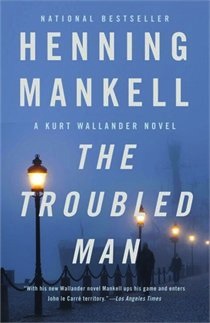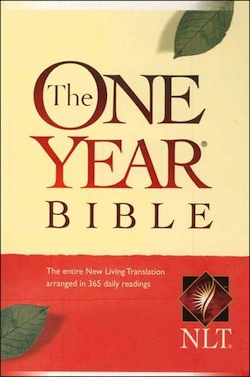Well, I wrote to my Congressman. The first time I’ve ever done that. He’s a Republican in a very Republican district, though I don’t know much about him. Does writing to your Congressman make a difference? I don’t know. But I did it. And here’s my letter, which I submitted through his website.
This is my first letter, ever, to a Congressman.
My wife and I enjoy shooting. We own guns, and we both have concealed carry permits.
That said, I hope you’ll be open to the President’s proposals. I read through all of them and found very little that I would object to. There is a lot of hysteria about a war on the Second Amendment, and the government taking away guns, and the need to fight a tyrannical US government, but you and I know that this is an over-reaction. Too much of what is being said by gun rights advocates lacks intellectual integrity, and that angers me.
The President’s proposals dealt minimally with new gun restrictions, and placed much emphasis on issues of information sharing, school preparedness, and mental illness. These make good sense, and I would encourage you to support them. It would be a shame to see his proposals killed purely for partisan reasons, or to satisfy the gun lobby.
I do not support renewing the Assault Weapons Ban; it is an artificial category of weapons. However, I’m confident the Republic can survive its renewal. We, after all, seem to have weathered the previous 10 years of the ban without seeing the American way of life crumble before our eyes.
I am much more open to a limit on magazine capacity. While I do have some high-capacity magazines, and would like more, I can live without them.
The prevalence and accessibility of guns in American society means that, inevitably, massacres like Sandy Hook and Aurora will happen again. More innocent children WILL be slaughtered. It is an inevitable side effect of a society which reveres gun ownership. But there are common sense regulations we can impose which could cut down on the number of children and other innocents who are killed. The President outlined many good steps to take. I encourage you to give them the consideration they deserve.
Thank you.
Steve Dennie


 In 2012, Swedish writer Henning Mankell brought to a close his 12-book series on inspector Kurt Wallander. Actually, he concluded the series in 2009, but it took a couple more years to reach America. For that, Mankell used English academic Laurie Thompson, who translated three other books in the series, including the best one, “The White Lioness,” as well as about five other Mankell books. Thompson also translates the excellent Inspector Van Veeteren series from Hakan Nesser.
In 2012, Swedish writer Henning Mankell brought to a close his 12-book series on inspector Kurt Wallander. Actually, he concluded the series in 2009, but it took a couple more years to reach America. For that, Mankell used English academic Laurie Thompson, who translated three other books in the series, including the best one, “The White Lioness,” as well as about five other Mankell books. Thompson also translates the excellent Inspector Van Veeteren series from Hakan Nesser. I’m a preacher’s kid. I grew up in the church and never strayed. I attended a Christian college. I have spent my entire career in fulltime Christian service. Pretty decent Christian “resume.”
I’m a preacher’s kid. I grew up in the church and never strayed. I attended a Christian college. I have spent my entire career in fulltime Christian service. Pretty decent Christian “resume.”





